 |
| January 16, 2020 |
Dear Reader,
No international regulations exist to protect the night sky, but a new paper argues that the Federal Communications Commission may have violated U.S. environmental law in approving SpaceX's Starlink mega constellation. Astronomers have voiced concern that the satellites will interfere with observations and potentially change their relationship with the cosmos. Will they sue the agency? Our main story has the scoop. In other space news, planet hunters report an update on their search for a second world around our solar system's nearest star, first detected in April 2019. Back on Earth, climate change made the 2010s the hottest decade in recorded history and global temperatures will continue to rise over the next ten years. And at Johns Hopkins, researchers are testing whether psilocybin, the psychoactive compound found in magic mushrooms, can treat everything from addiction to anorexia. |
| | Sunya Bhutta, Senior Editor, Audience Engagement
@sunyaaa | |
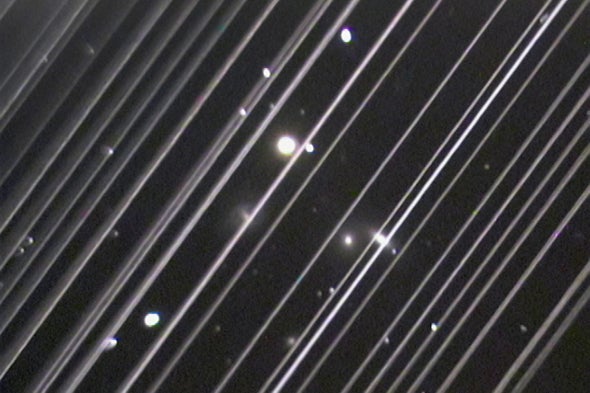 |
| |
| |
| |
| |
| |
| |
FROM THE STORE
 | | | |
| |
FROM THE ARCHIVE
 | | | |
| |
| |
LATEST ISSUES
 |
| |
| Questions? Comments?  | |
| Download the Scientific American App |
| |
| |




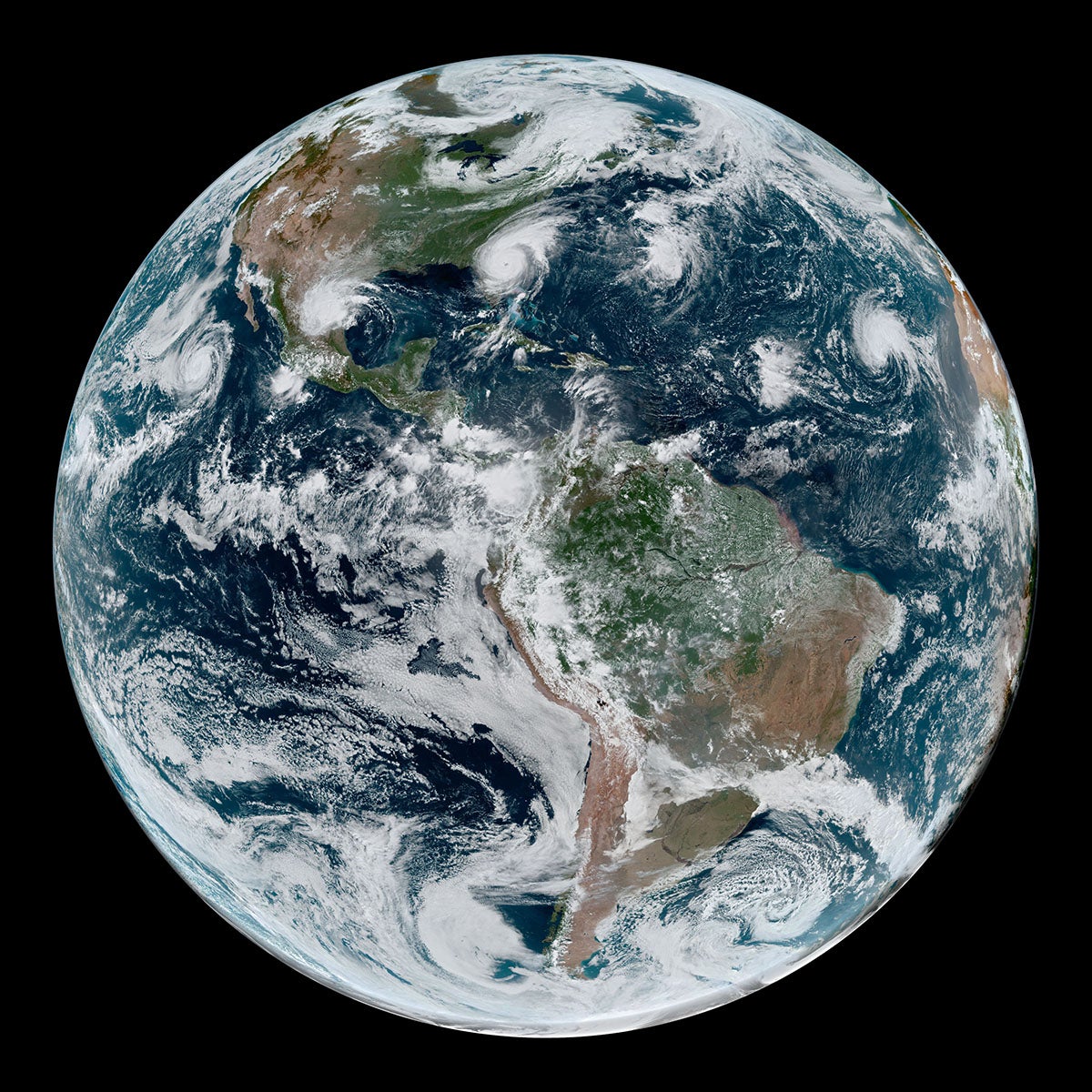
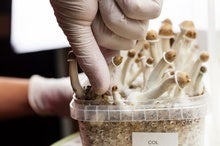
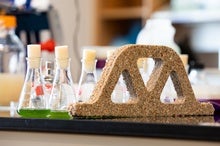
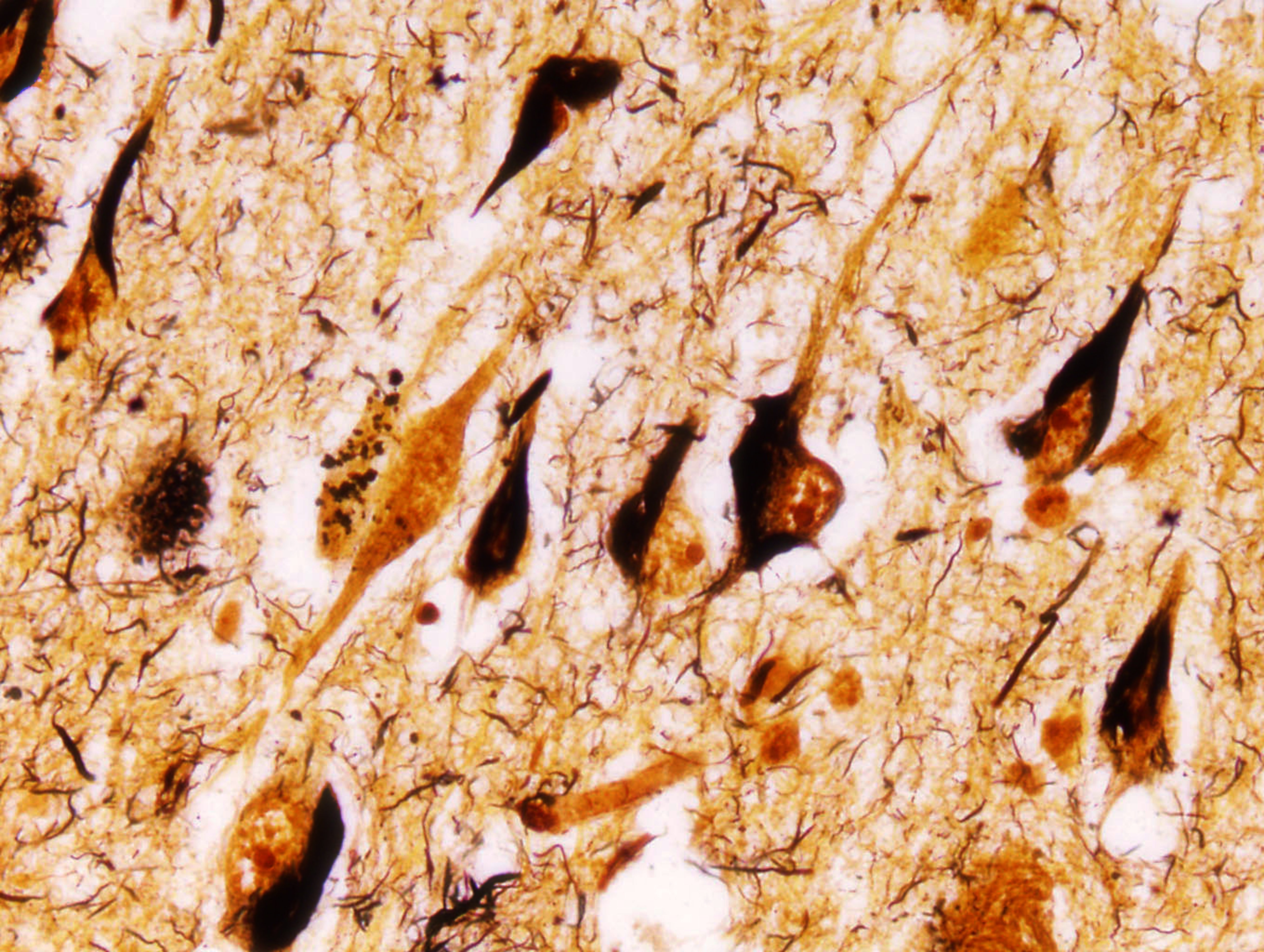
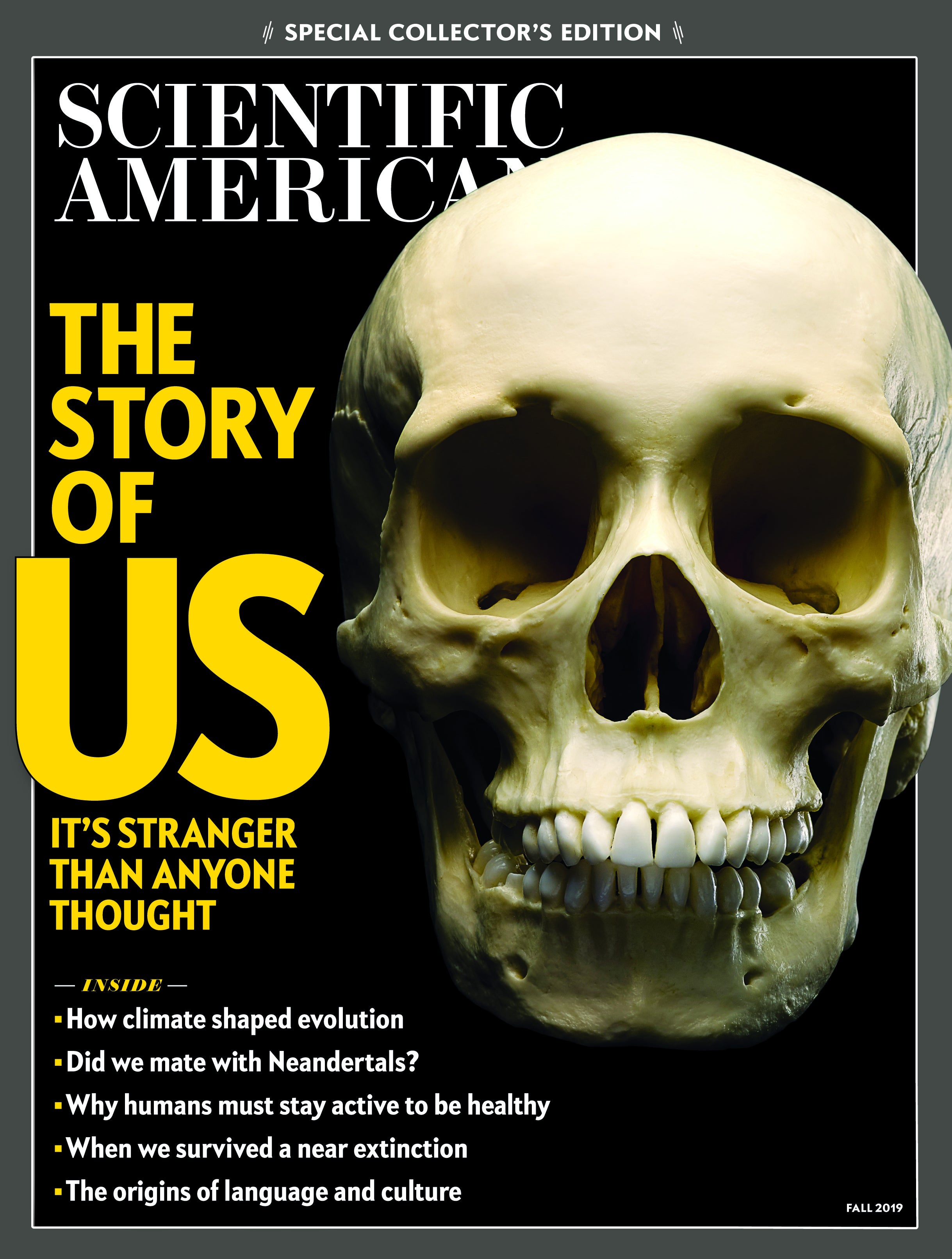

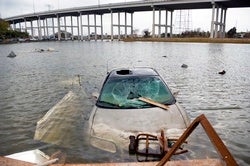
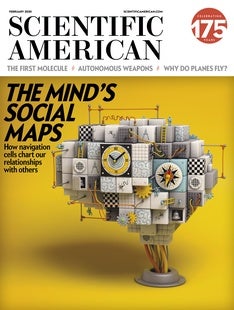

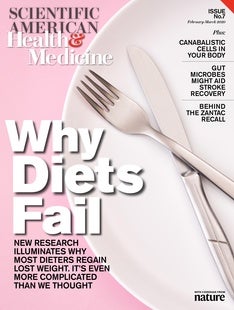
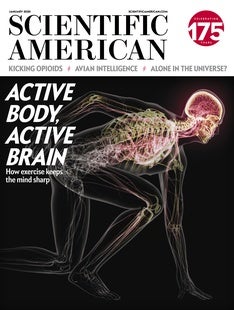
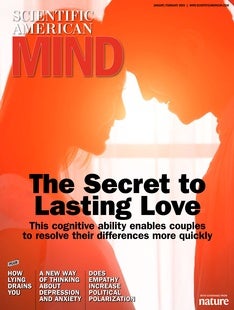



Comments
Post a Comment